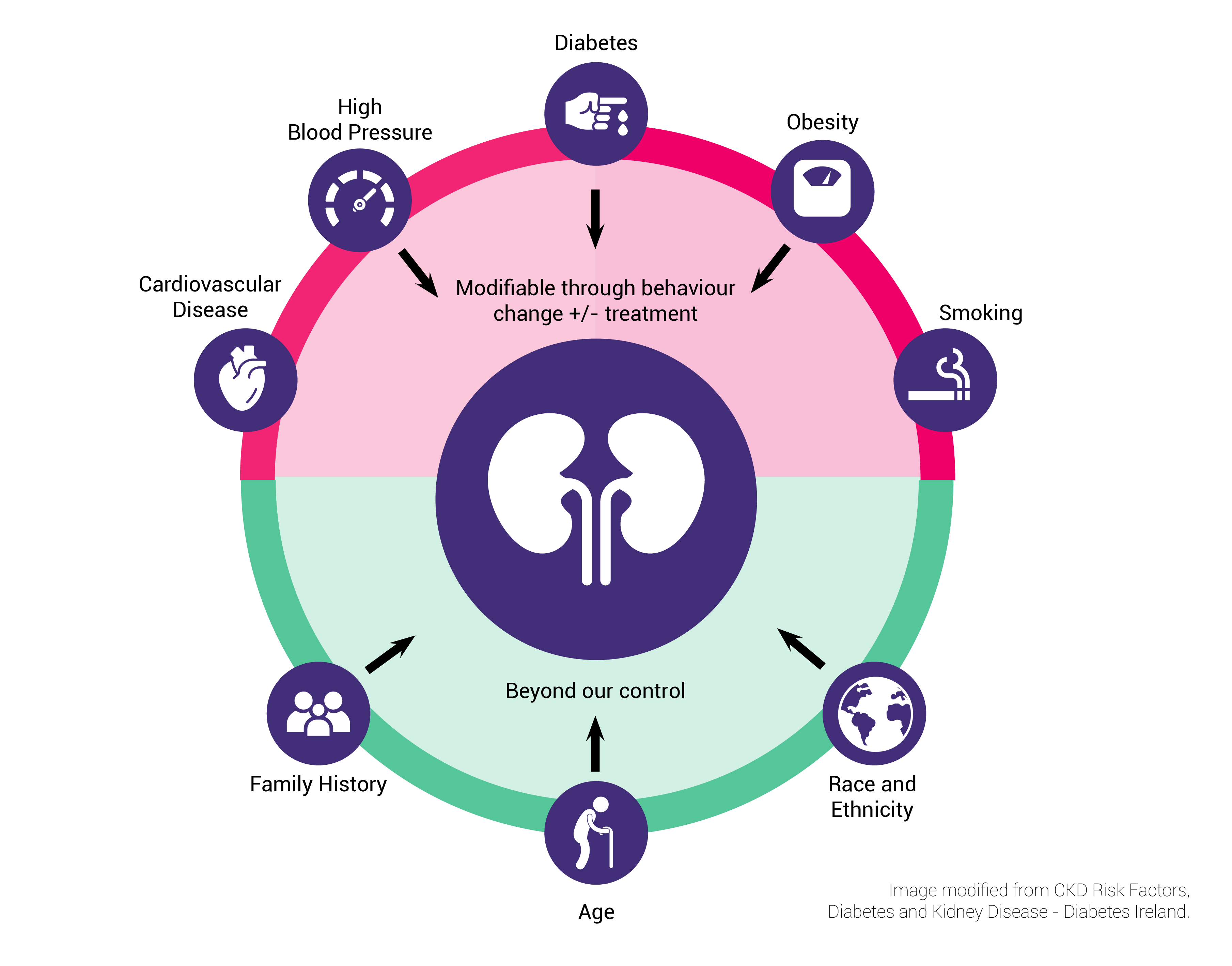When you live with diabetes, understanding how it affects your body is the first step to taking charge of your health. With the right information and support, many people living with diabetes can successfully manage their diabetes and reduce the risk of developing complications.
Knowing how diabetes complications may affect your body specifically, your kidneys, heart, eyes, feet and nerves means you can take early action. By staying informed, attending regular check-ups, and working closely with your Healthcare Professional (HCP) you can be empowered to self-manage your own diabetes.
Diabetes complications do not always have symptoms and can be silent which is why it’s important to be informed and to talk to your HCP about your risk and how you can reduce it.










